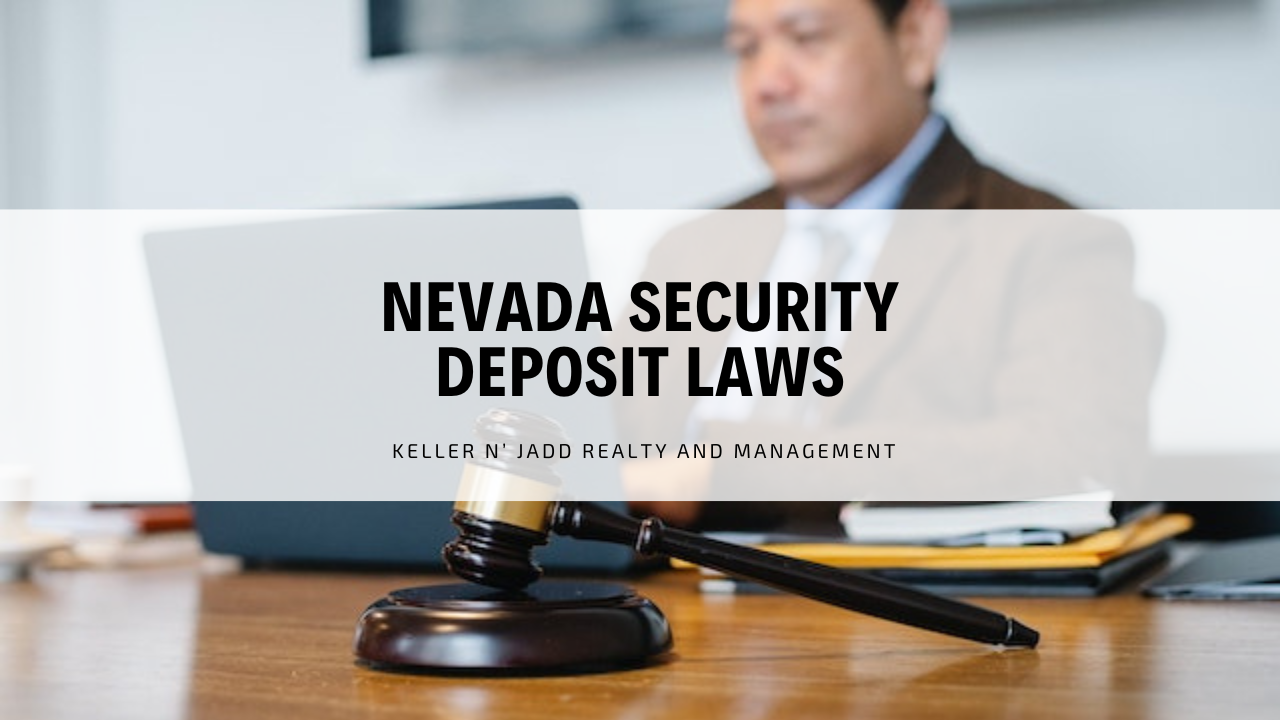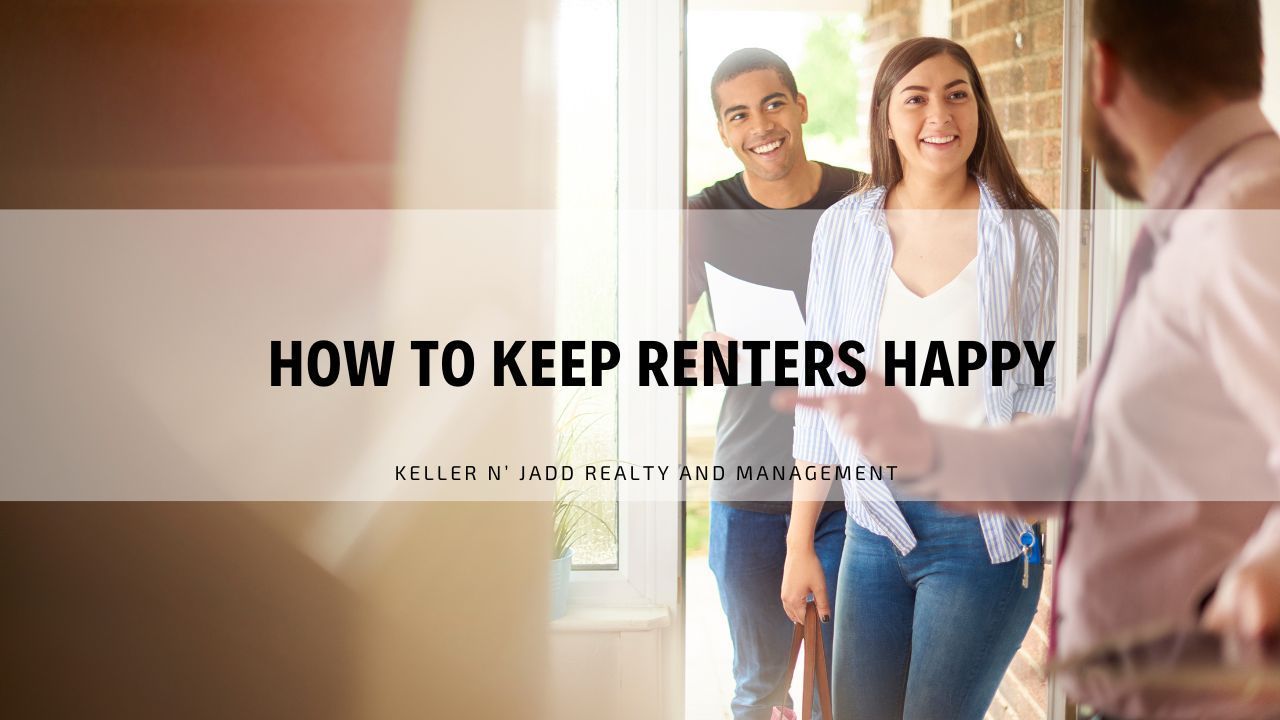Nevada Security Deposit Laws

Key Takeaways
- Deposit Limits: Landlords in Nevada can require tenants to pay a security deposit of up to three months' rent.
- Nonrefundable Fees: These are permitted but must be clearly stated in the lease agreement as nonrefundable and separate from rent.
- Deposit Return Timeline: After a tenant moves out, landlords have 30 days to return the security deposit, along with an itemized list of any security deposit deductions.
- Walk-Through Inspections: Landlords are required to provide a signed inventory and condition report of the rental unit and offer tenants the opportunity to conduct a walk-through inspection before move-out.
Navigating the intricacies of Nevada's laws is essential for both the landlord and the tenant to ensure fair and transparent rental practices. Understanding the legal framework governing these deposits can help the landlord manage their properties more effectively and avoid potential disputes for the duration of the tenancy.
In this guide, we delve into the key aspects of Nevada's security deposit laws, providing a landlord with the knowledge they need to protect their investments and maintain positive tenant relationships.
Guide to Nevada’s Security Deposit Law
1. Nevada Security Deposit Limit
In Nevada, a landlord can require a security deposit of up to three months' rent when a lease is signed. This limit is designed to prevent landlords from demanding excessively high deposits, ensuring tenants pay a fair amount throughout the tenancy. The law helps maintain a balance between protecting the landlord’s financial interests and preventing undue financial burdens on tenants.
For example, if the monthly rent specified in the lease is $1,000, the maximum security deposit a landlord can legally ask a tenant to pay is $3,000. This cap is in addition to any advance rent payment stipulated in the lease. A landlord must also ensure that all security deposit terms are clearly outlined in the lease agreement to avoid disputes.
Additionally, the landlord should provide tenants with a receipt or written acknowledgment of the deposit to maintain transparency and compliance with state regulations.
2. Nonrefundable Fees
Nevada law permits a landlord to collect nonrefundable fees in addition to the security deposit and rent. However, these fees must be explicitly stated in the lease agreement, clearly labeled as nonrefundable, and distinct from the rent. A landlord who fails to properly disclose these fees may face legal challenges from tenants.
Common nonrefundable fees, such as those for pets or cleaning services, must be clearly distinguished from both the security deposit and rent in the lease to avoid legal complications. Properly separating these fees from rent obligations ensures transparency and compliance with the law. Landlords should also provide written documentation outlining the purpose of each fee to prevent disputes and maintain clear communication with tenants.
3. Storing a Tenant’s Deposit in Nevada
While Nevada law does not mandate that a landlord store a tenant’s security deposit in a separate bank account, it is generally recommended that the landlord do so for organizational and accounting purposes when managing a lease.
By keeping the deposit separate from personal or business funds, a landlord can avoid potential disputes regarding the handling of the
deposit. Moreover, it demonstrates good faith and transparency with the deposit, which can foster a better landlord-tenant relationship.
4. Written Notice after Security Deposit Receipt
Nevada law does not mandate a landlord to provide a written notice after receiving the security deposit. However, doing so is considered best practice, as it helps establish transparency and accountability between the landlord and tenant.
A written receipt can serve as proof of payment and help avoid future disputes for the duration of the tenancy. The receipt should detail the amount received, the date of receipt, and the purpose of the deposit. Providing this receipt shows professionalism and helps maintain clear communication with tenants. A landlord who issues a receipt also demonstrates good faith, reducing the likelihood of misunderstandings or legal challenges related to the security deposit.
5. Reasons to Withhold a Tenant’s Security Deposit in Nevada
A landlord in Nevada can withhold a security deposit for several reasons:
- Unpaid Rent: If the tenant fails to pay rent as agreed in the lease, the landlord can deduct the rent owed amount from the security deposit.
- Damage to Property: The landlord can withhold deposit funds to cover the cost of repairing damages beyond normal wear and tear, as outlined in the lease. This could include issues like broken appliances, holes in the walls, or significant carpet stains.
- Cleaning Costs: If the tenant leaves the rental unit in a condition that requires excessive cleaning, the lease allows the landlord to deduct reasonable cleaning costs from the security deposit.

A landlord must provide an itemized list of any deductions made from the deposit, along with receipts or estimates for the repairs and cleaning costs.
6. A Walk-Through Inspection
To collect security deposits, the law requires a landlord to provide a signed inventory and condition report of the rental unit, along with the conditions for the return of the security deposits. A landlord must offer tenants the opportunity to conduct a walk-through inspection before move-out.
This inspection, scheduled within a reasonable timeframe and conducted in the presence of both the landlord and tenant, allows the landlord to identify any potential issues that may result in deductions from the security deposit. This process gives tenants the chance to address these issues before vacating the property, potentially reducing the amount deducted from their security deposits.
7. Security Deposit Refund in Nevada
Nevada law stipulates that the landlord must return the security deposit, or the remaining balance after deductions, within 30 days of the tenant moving out. This is why it is important for the landlord to have the tenant's present address in case the landlord needs to get in contact with them regarding the security deposit return. Failing to do so can lead to unnecessary disputes and legal complications.
Along with the refunded security deposit, the landlord must provide an itemized statement detailing any deductions made and the reasons for them. If the landlord fails to comply with this requirement, it can result in the landlord being liable for the tenant’s actual damages and possibly additional penalties.
To avoid legal issues, the landlord should document all deductions thoroughly, maintain records of property conditions, and communicate with the tenant in writing. A proactive landlord who follows these steps can prevent misunderstandings and demonstrate compliance with Nevada law.
8. Change in Property Ownership
If ownership of the rental property changes, the new owner is responsible for the return of the tenant’s security deposit. The previous owner must transfer the deposit to the new owner or return the deposit to the tenant.

The new owner must notify the tenant of the change in ownership and provide details about the handling of their security deposit. This ensures that the tenant’s rights are protected regardless of property ownership changes.
9. Returning the Deposit
In Nevada, if the landlord fails to return the security deposit within the 30-day period, tenants can file for the return of the full deposit plus damages, with the court determining the amount up to the security deposit's value. Tenant disputes over security deposit returns can arise when landlords fail to meet these legal requirements.
When assessing damages, courts will consider factors such as the landlord's good faith, the conduct between landlord and tenant, and the degree of harm to the tenant caused by the landlord's actions.
Tenants can also take legal action against the landlord for failing to list the security deposit in the lease agreement, not providing an itemized statement of deductions, making unreasonable deductions, or otherwise engaging in practices that lead to tenant disputes.
Conclusion
Understanding Nevada’s security deposit laws is crucial for both the landlord and the tenant. These laws help ensure fair treatment and clear expectations for both parties throughout the tenancy. By adhering to these regulations, the landlord can avoid legal disputes and foster positive relationships with their tenants.
For a landlord who prefers professional assistance with managing their properties and navigating complex legal requirements,
Keller n' Jadd Realty & Management offers expert property management services.
Our knowledgeable team is well-versed in Nevada’s security deposit laws and can help you as a landlord manage your rental property efficiently and effectively. Contact us today to learn more about how we can assist every landlord in protecting your investment and ensuring a smooth rental experience.
Disclaimer: Please note that the information provided in this blog is intended for general guidance and should not be considered as a replacement for professional legal advice. It is important to be aware that laws pertaining to property management may change, rendering this information outdated by the time you read it.













